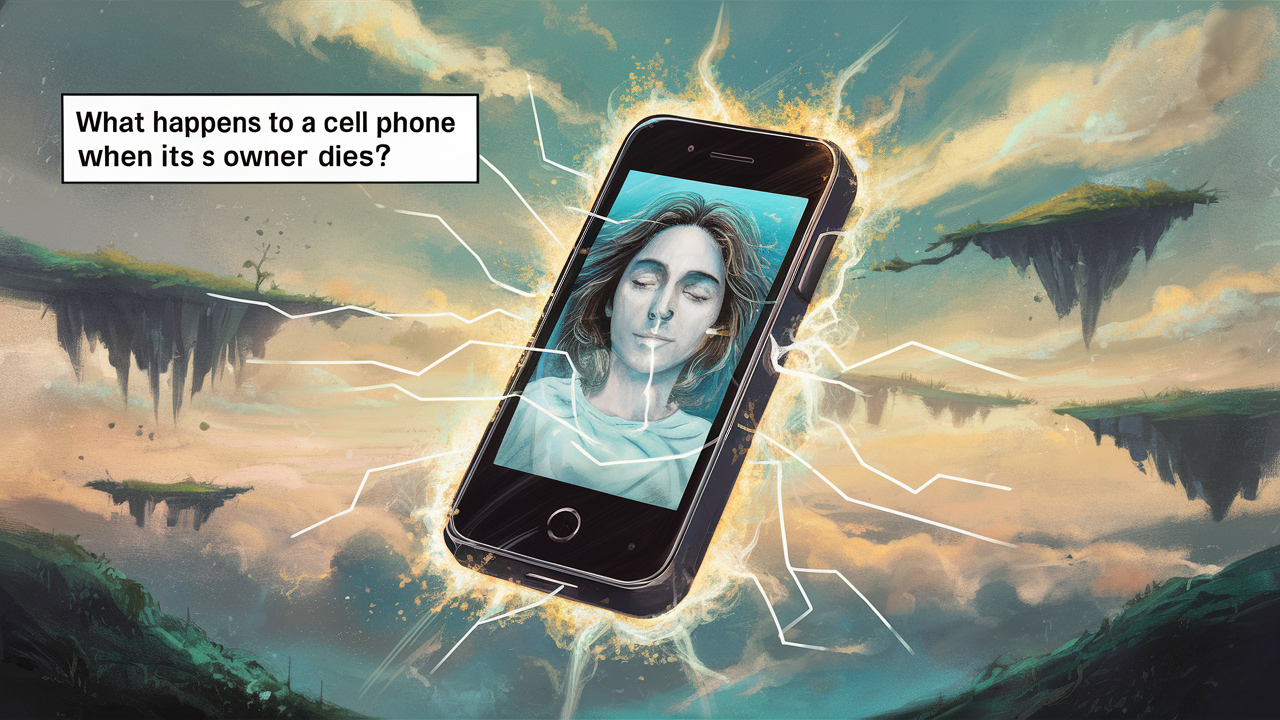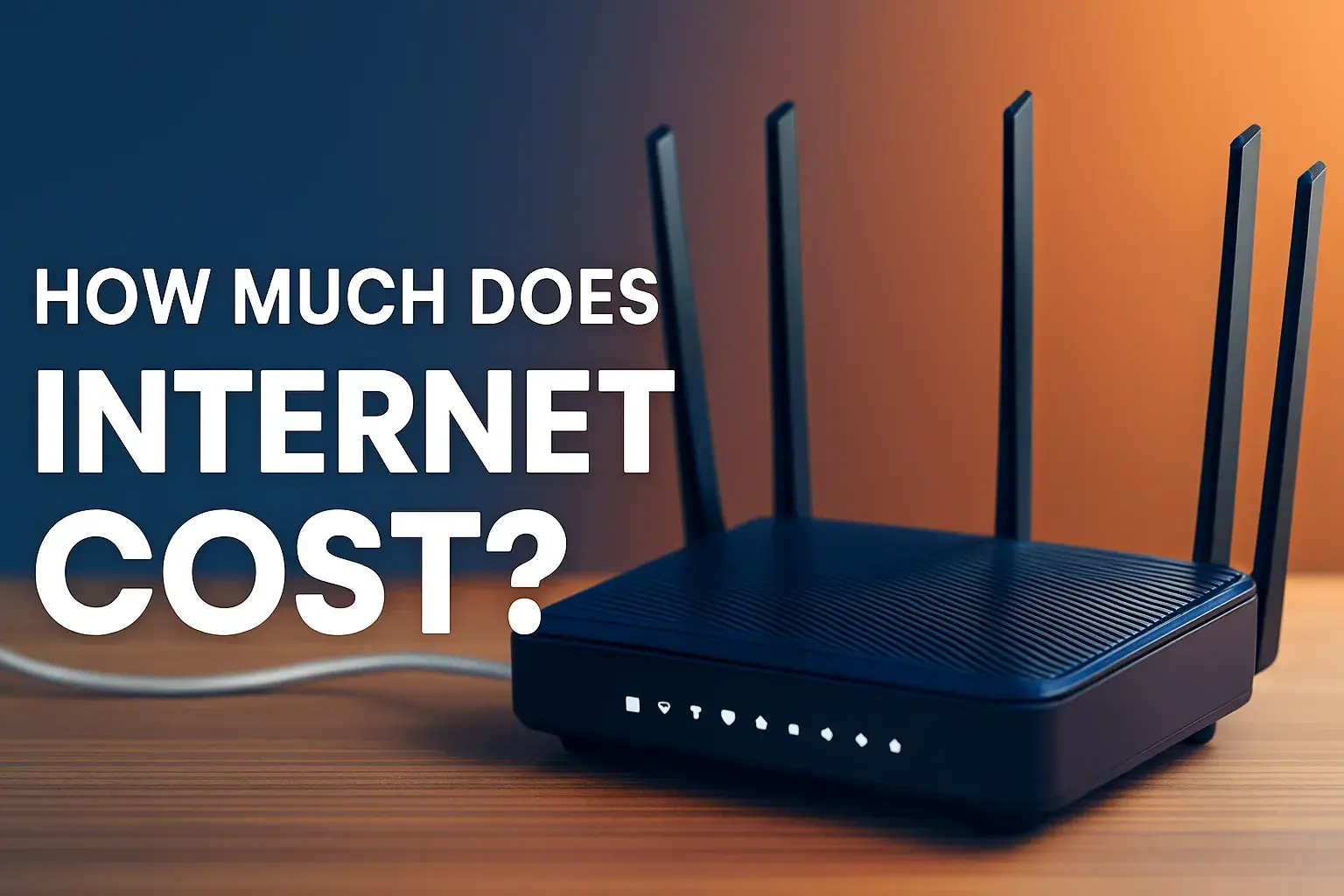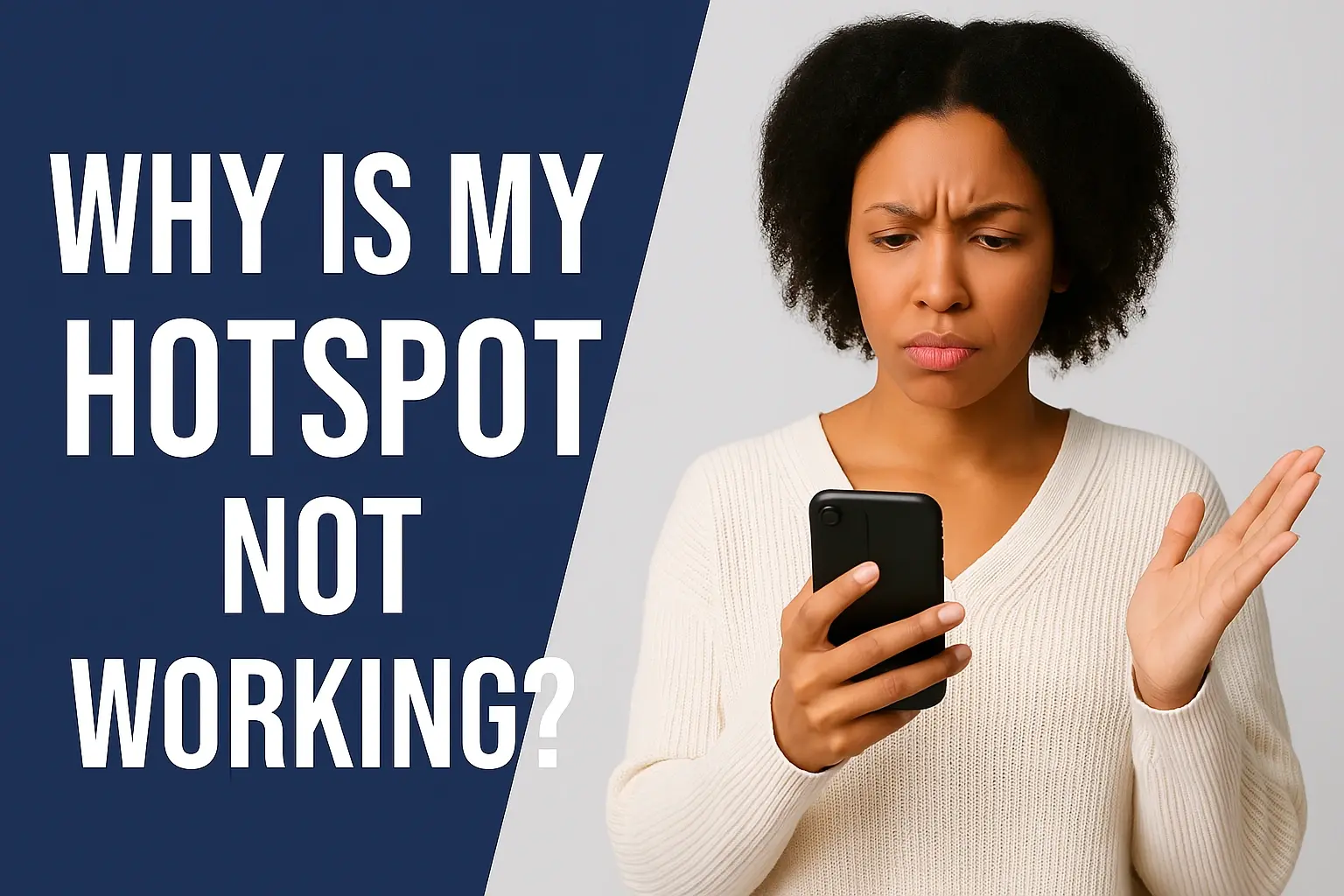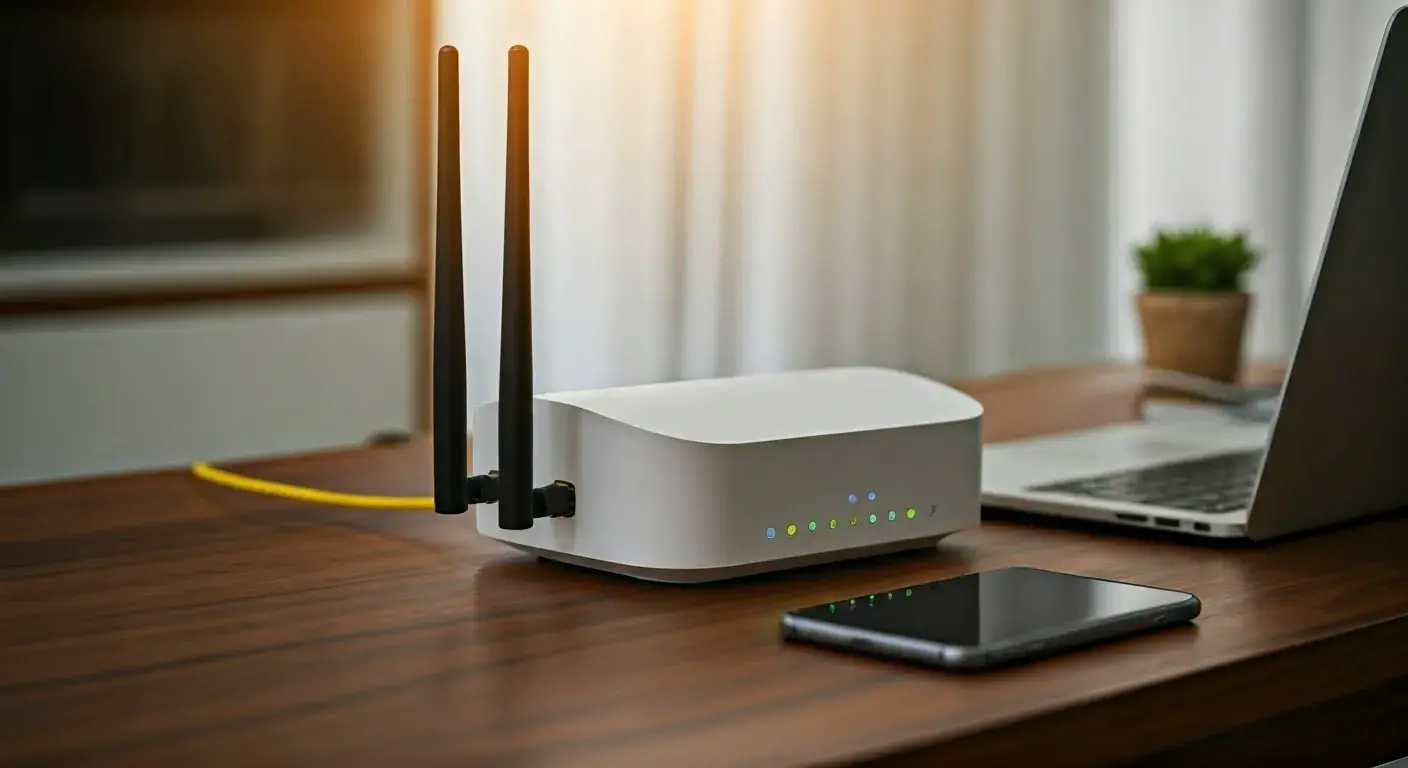What happens to cell phone when owner dies?

For most of us, our cell phones contain a wealth of personal information - photos, messages, emails, social media accounts, etc. So an important consideration when someone passes away is: what about their cell phone and all that personal information that is saved in it? Here are a few things to consider, although there are more than have been mentioned in this section.
Accessing the Phone
Cell phones do not switch off when a person dies, it does not even get disconnected instantly when such a tragedy happens. This means that the phone might continue to ring, receive messages, and may be connected to the data internet service for some time after the death of the owner. If any, then the close relatives or executors of the estate should take the phone away and remove the cellular SIM card to avoid further expenses.
If the phone is locked with a password and the passcode is unknown, you shall seek the assistance of the wireless provider so that they unlock the handset and also reset the password so that you can use the phone. It is often necessary to provide legal identification such as a death certificate to prove authority to claim the phone. The level of access that people get when they get into a particular phone may well depend on whether the deceased user had put security measures such as fingerprint on it.
Knowing who owns which devices and accounts can help determine who is using them and whether they are allowed to be on them.
If an individual dies without a valid will or any other legal way to determine who should receive what the person owned, figuring out who gets what becomes a problem. As a general rule, cell phones, tablets, and any other technological gadgets come under the category of personal property which would be handed over to the next of kin or any inheritor of the deceased person’s belongings as per laws of inheritance that exist in your state.
In most contracts, the user agreement of social media profiles, emails, cloud storage, and other related accounts, treats digital assets and accounts as “non-transferrable” and the account is deemed to be closed at the time of the individual’s death. This means that even if you technically receive an iPhone after the death of a person, the terms and conditions of the specific services will prevent you from managing or even viewing data in applications or cloud services on the device.
Notifying Service Providers
It is important to inform the cell phone service provider as soon as possible once the person is deceased. Let them know of the death and inquire about any process on their part that you need to follow in terms of services, termination, or modification of contracts and accounts. Commonly, you will be required to present a death certificate as evidence.
Cell phone service providers will block all calls and data for call and data usage for voice calls and data upon producing a death certificate to clear the remaining balance of the customer. However, before they disconnect service, fees can still appear for calls, cellular access, text messages, data usage, and other such services.
If the phone is still active, then you may also wish to cancel the service if you will not be using it, or using the phone in the next few days or weeks to avoid extra charges. As for temporary inactivity, most carriers allow an account to be suspended for a limited amount of time, typically 30-90 days in the event of a death before the account is permanently disconnected.
Protecting the Data
More to it; If you get access to the cell phone, what should you do with all the personal data it retains for instance; pictures, messages, contacts, and so on? Often people would like to keep some of this information for their family members, they may want to keep it just for the sake of it. Here are a few options: Here are a few options:
- Copy the data and files in your accounts to your computer or an online backup service.
- Recorded voice messages should be forwarded to a particular email
- Some examples include the ability to transfer contacts to your account.
- Pictures can be downloaded to ensure that special photos are saved and can be accessed later.
Always ensure that other close next of kin and the executors agree with you about the content that is required from the deceased’s gadgets and social media profiles and what should be preserved or posted.
Deletion of all data associated with the phone
Sometimes, a phone has to be passed on to a new owner or sold or recycled after the owner’s death; in this case, the person’s data will have to be erased. Seek the help of the manufacturer to get the correct manner of restoring the device to its factory settings if it’s that specific model. Although it returns the phone to the state it was new, it erases all indications of the previous owner including data, account, photos, and apps.
On smartphones, it is also crucial to physically remove the SIM card of the deceased, although this won’t erase the real content that has been saved in the phone’s memory. Therefore, a hard reset or restore to factory settings is very necessary as it erases everything well if, for instance, the device is to be sold off for its assets, recycled, or for security on data before it is transferred.
Paying the Final Bills and Termination Fee on a Cell Phone
Among all the matters that require attention after people’s separation, one of them is the division of assets and certain matters that should be solved, including cell phone bills. If the person is still subscribed to any account with an active monthly service contract, consult with the provider and discuss how the bill should be settled, and how the account should be closed.
When a carrier cancels a service because of death, most of them either prorate the final month or refund any unused balance that was paid in advance for service. For balance inquiries and to settle unsettled billing costs, customers are advised to contact the customer service team.
Prepaid and postpaid monthly and fixed-term mobile contracts always have an early termination fee avoided, although account holders are usually liable for the current charges until service deactivation. If balances for a specific device exist in any cell phone installment plan then all of those balances also need to get paid off.
Family members may have different opinions on who should pay outstanding phone bills or cancelation fees for a particular contract; therefore, the next of kin should seek legal advice or guidance from an executor in handling such matters within the estate of the deceased.
This article is very useful as it provides a list of things that happen to a person both the mobile devices and wireless plans after death so that proper action can be taken on account issues, data privacy, saving sentimental information, and other relevant problems. Being on top of these aspects of digital estate aids in eliminating headaches on the part of providers and surviving relations.
Upgrade to faster, more reliable AT&T Fiber Internet today! Call us at +1 844-905-5002 and get connected with speeds that keep you ahead.





